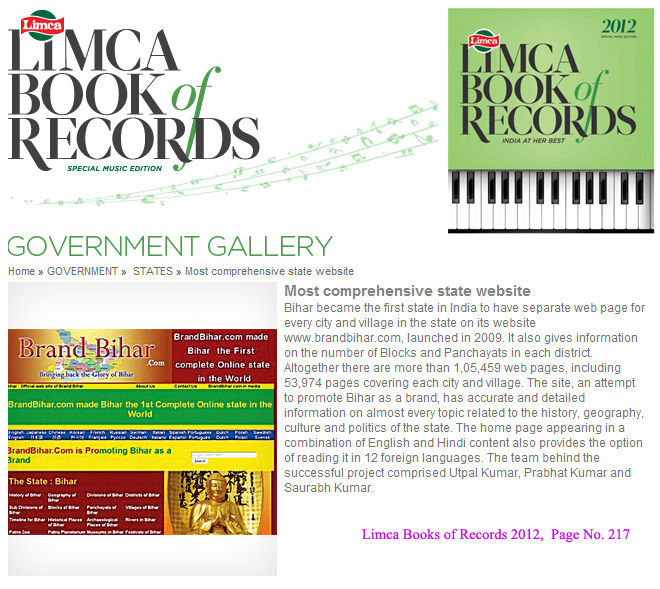

During the life time of Lord Gautam Buddha, sixteen great powers (Mahajanpadas) existed in the 7th and early 6th centuries BC. Among the more important republics were the Sakyas of Kapilavastu and the Licchavis of Vaishali. Besides the republics, there were monarchical states, among which the important ones were Kaushambi (Vatsa), Magadha, Kosala and Avanti. These states were ruled by vigorous personalities who had embarked upon the policies of aggrandisement and absorption of neighbouring states. However, there were distinct signs of the republican states while those under the monarchs were expanding.
Buddha was born in BC 560 and died at the age of eighty in BC 480. The place of his birth was a grove known as Lumbini, near the city of Kapilavastu, at the foot of Mount Palpa in the Himalayan ranges within Nepal. Buddha, whose original name was Siddhartha Gautama, was the founder of Buddhism, the religion and the philosophical system that evolved into a great culture throughout much of southern and eastern Asia.
Back to Ancient History of India Menu

Bihar became the first state in India to have separate web page for every city and village in the state on its website www.brandbihar.com (Now www.brandbharat.com)
See the record in Limca Book of Records 2012 on Page No. 217